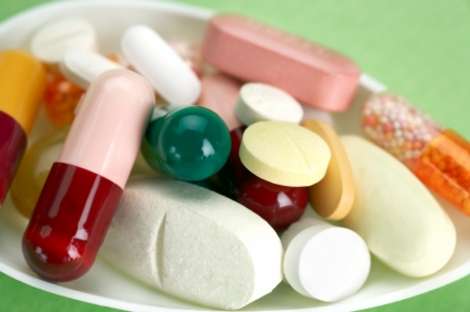Illness and accidents can happen at any time, so it’s wise to keep a well-stocked first aid kit at home for your family’s needs.
Fortunately, quality medicines and medical supplies are readily available at affordable prices from trustworthy pharmacies like The Generics Pharmacy. Just be sure to store pharmaceutical products properly to maintain their effectiveness, even when stored for long periods. Keep track of expiration dates to avoid using expired medications.
Here are essential medications you should always have in your home first aid kit:
-
Allergy Medications
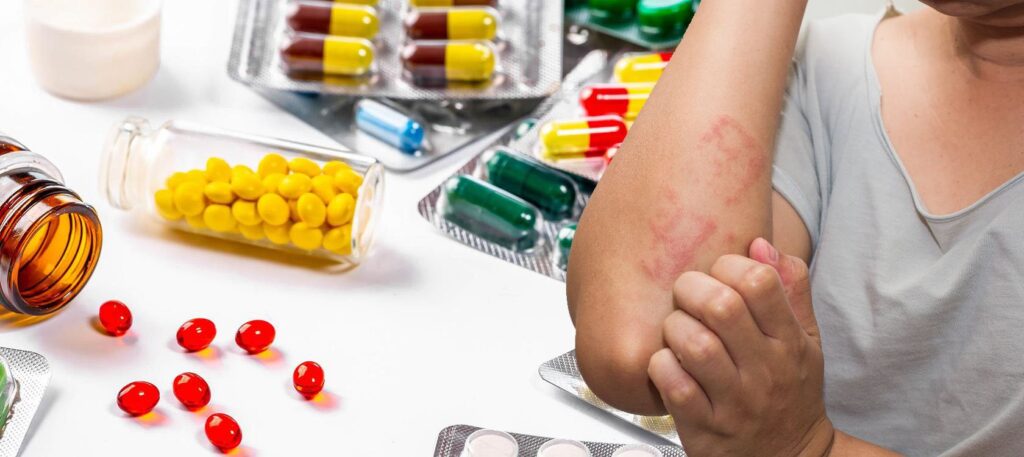
If anyone in your family has allergies, it’s essential to have antihistamines on hand.
- Drowsy antihistamines: Best taken before bed to avoid disruptions caused by allergies while sleeping.
- Non-drowsy antihistamines: Ideal for daytime use when going to school or work.
Eye drops can also help alleviate itchiness or watery eyes caused by allergies.
-
Fever Reducers

Fever is often a sign of bacterial or viral infection. While treating the infection is key, medications like paracetamol, ibuprofen, and acetaminophen can help reduce fever and provide comfort. Aspirin is also effective and can aid in heart attack prevention, but it should not be given to children under 18 or individuals allergic to it. -
Pain Relievers
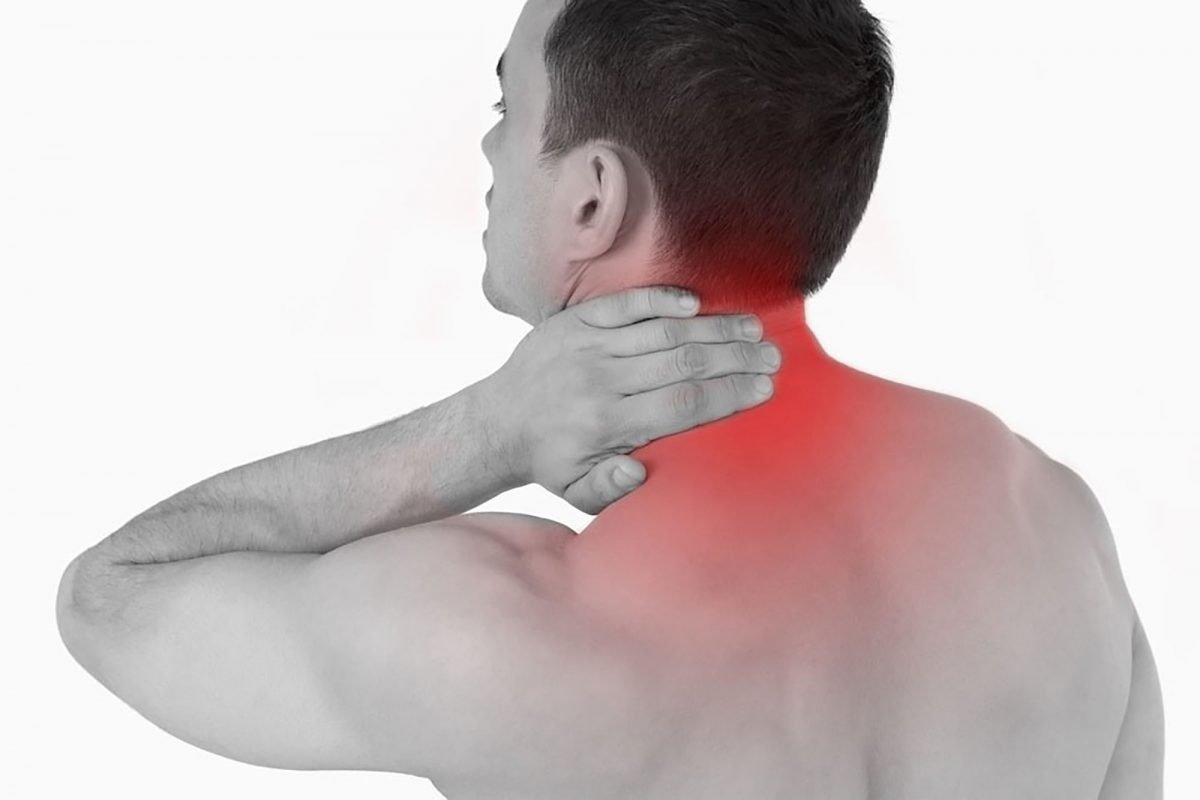
Pain from muscle cramps, bruises, stress-induced headaches, or dental issues can disrupt daily life. Pain relievers like paracetamol, ibuprofen, and acetaminophen are readily available and effective for various types of pain. If pain persists for over a week, consult a doctor for a proper diagnosis and treatment. -
Cough and Cold Medicines
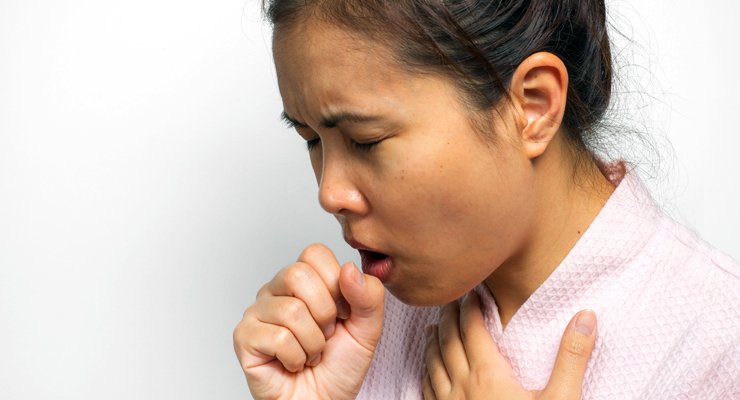
Colds and coughs are common ailments for both children and adults. Different types of medication are suitable depending on the symptoms:
- Nasal decongestants: For a blocked nose.
- Antihistamines: For sneezing and runny nose.
- Antitussives (cough suppressants): To control excessive coughing.
- Expectorants: To loosen phlegm in the lungs for easier expulsion.
-
Anti-Diarrheal Medications
Diarrhea is more frequent in infants and young children, so having anti-diarrheal medications is essential. Over-the-counter options include loperamide and bismuth subsalicylate, while prescription medications like rifaximin or nitazoxanide may be needed for bacterial or protozoal infections.
-
Maintenance Medications
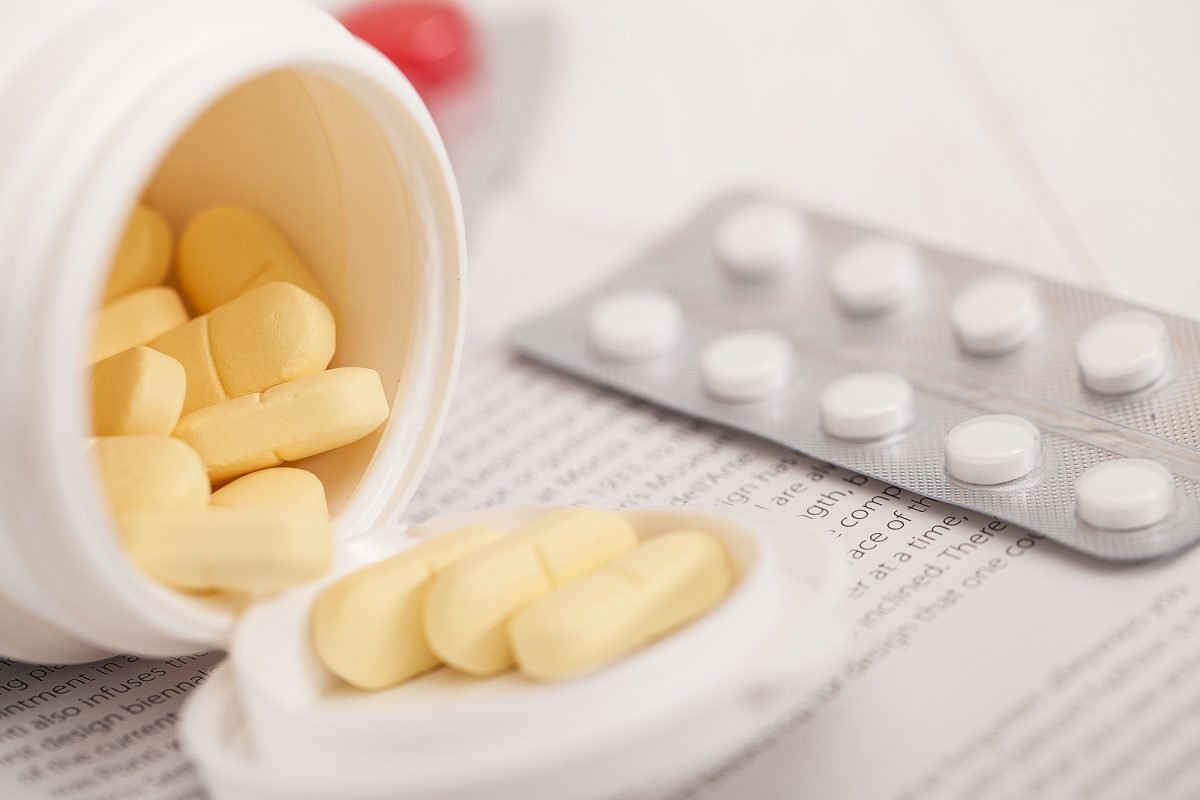
If someone in your household has a chronic condition like diabetes or asthma, always keep extra maintenance medications in stock. Having reserves is especially critical during emergencies like typhoons or earthquakes to ensure uninterrupted treatment. -
Lotions or Ointments for Itching
For rashes or skin irritation caused by allergies or other factors, calamine lotion and other topical treatments are helpful. Cold compresses can also alleviate itching and have additional uses, such as reducing swelling in strained joints.
-
Antibacterial Ointments and First Aid Supplies
Minor injuries like cuts are common at home. Prevent infection by keeping antibacterial ointments, saline solution, adhesive bandages, and gauze in your first aid kit.
Being prepared is key to addressing minor injuries and common illnesses before they escalate. Make sure your home is stocked with these essential medications and supplies to ensure the health and safety of your family at all times.

